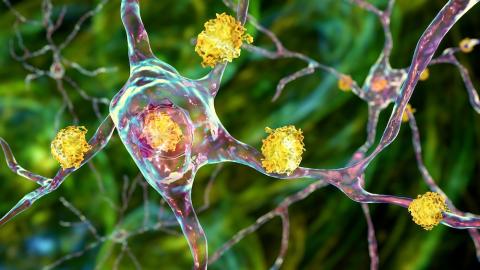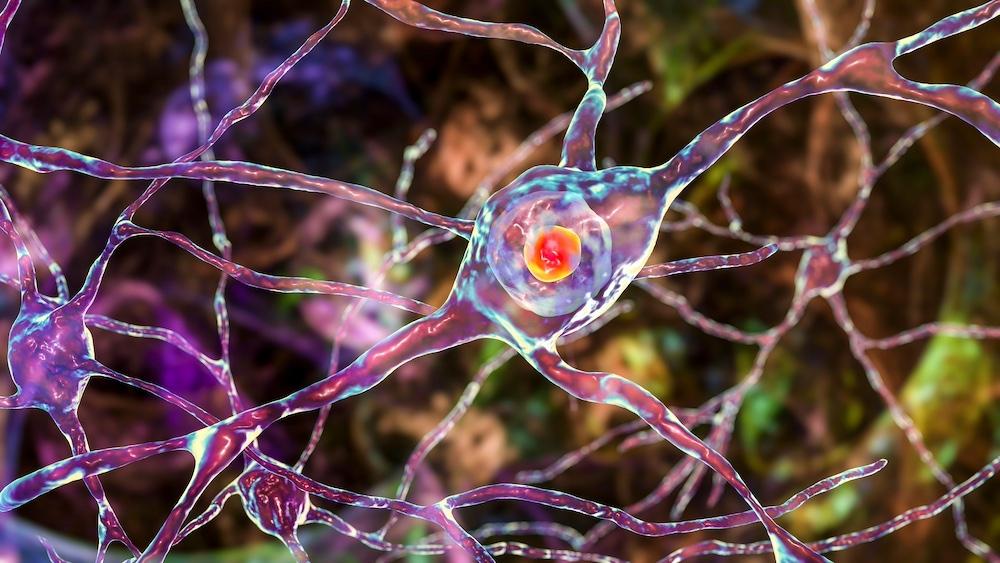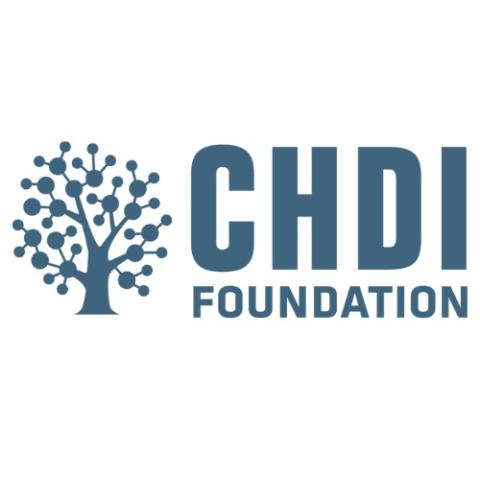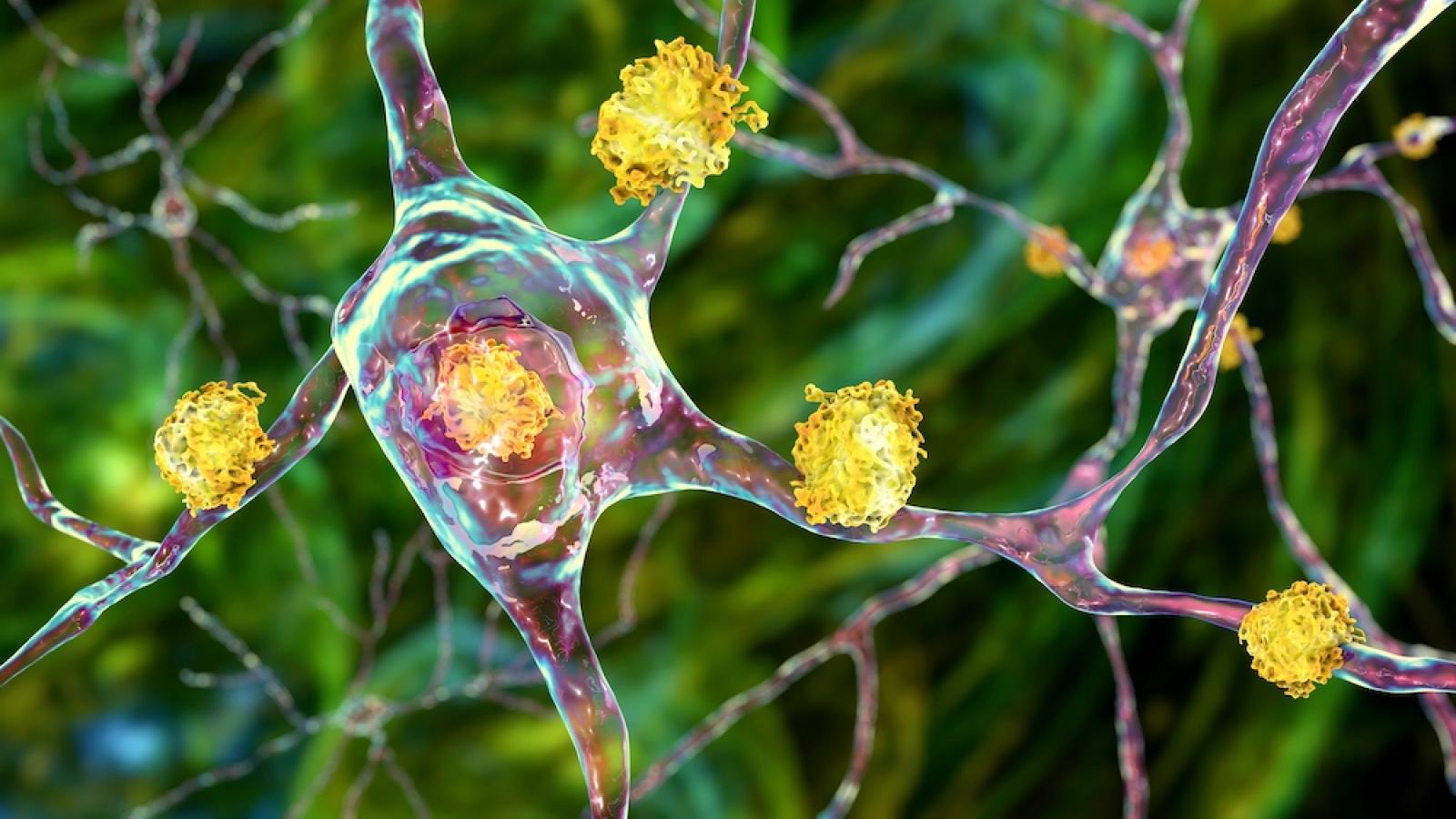Identifying new drug targets for Huntington's
Huntington’s disease is a rare, inherited condition that damages the brain over time, leading to problems with movement, thinking, and mental health. It’s caused by a genetic change where a sequence of DNA repeats too many times in the HTT gene. The length of these repeats often determines when symptoms start, but other genetic factors also play a role. Scientists have discovered certain genes, called genetic modifiers, that can delay or worsen the onset of symptoms. These genes could hold the key to developing new treatments.
The Massey Lab focuses on using these genetic discoveries to find new drug targets for Huntington's and similar disorders. To study these genetic modifiers, the team uses advanced lab models, including human cells grown in the lab, fruit flies, and mice, to understand how these genes affect disease processes like DNA damage and brain cell survival. When a modifier gene shows promise, it is studied in detail to see if it could lead to a new drug. The ultimate goal is to turn these discoveries into treatments that can slow down or stop Huntington's, bringing hope to patients and their families.
Latest news

Dr Tom Massey
Dr Tom Massey is a Group Leader UK DRI at Cardiff. Find out more about his career and expertise on his profile page.

Research summary

A neuron in Huntington's diseaase. Credit: Shutterstock/Kateryna Kon
Using genetic modifiers to identify and target pathogenic mechanisms in Huntington’s disease
Huntington’s disease is one of over 70 disorders caused by short tandem repeat expansions in the genome, many of which lead to neurodegeneration and lack disease-modifying therapies. Huntington's is an autosomal dominant neurodegenerative disorder that leads to progressive motor dysfunction, cognitive decline, and mental health issues. It affects approximately 1 in 8,000 people in Caucasian populations and is caused by a CAG repeat expansion in the HTT gene, with longer repeats associated with earlier symptom onset.
Genetic studies have identified modifier genes that influence the age of disease onset, providing valuable therapeutic targets. This research program aims to use these genetic modifiers to identify new drug targets for Huntington's and related repeat expansion disorders. Model systems, including human induced pluripotent stem cells (iPSCs), Drosophila, and mice, are employed to study the effects of these modifiers on critical disease mechanisms such as somatic CAG repeat expansion, DNA damage, and neuronal survival.
Promising modifiers undergo molecular studies to assess their suitability for drug discovery, with a focus on therapeutic translation. The Massey Lab aims to advance novel drugs into clinical trials, leveraging the clinician-researcher’s dual expertise to address unmet clinical needs in neurodegeneration.
Key publications
Vacancies
Lab members
- Dr Caroline Binda (Postdoctoral Research Associate)
- Dr Kyle Fears (Postdoctoral Research Associate)
- Joseph Stone (Research Technician and PhD Student)
Collaborators




Lab funders
Thank you to all those who support the Massey Lab!



